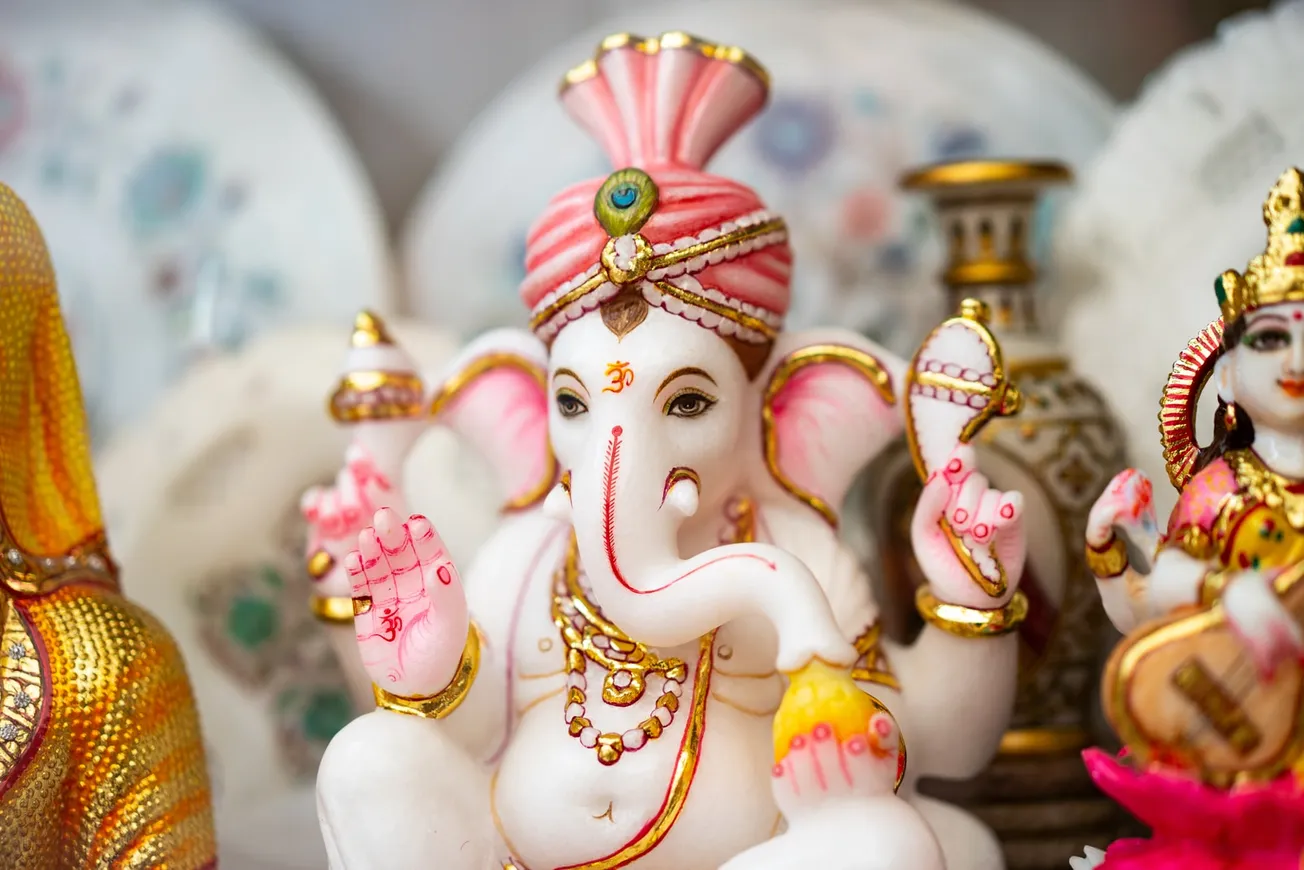Table of Contents
Since the October 7 atrocities, Israel has seen its staunchest ally, the United States, turn lukewarm at best. At the same time, a sickening wave of anti-Semitism has swept the West – and shows no sign of abating. By contrast, a formerly staunch ally of the Arab cause – the first non-Arab state to recognise “Palestine”, in 1988 – become one of Israel’s strongest supporters. Not just at a political level, but at a grass-roots social level.
That country is India. A 2009 survey found that Israel was more popular with Indians than even in the US. During the Gaza war, Indian social media has amplified a pro-Israel stance. The feeling is reciprocated: Israelis are more favourable to India than any other country in the world.
A major driving factor behind this mutual appreciation society is that both share a common enemy: Islamic terror.
Both countries have suffered heavily from Islamist terrorism, often sponsored by hostile foreign powers – Pakistan in India’s case and Iran in Israel’s case – and have accordingly, developed, for similar reasons, tough stances against terrorism and an emphasis on national security. Indeed, a milestone in contemporary India-Israel relations was Israel’s supplying of weapons to Indian forces fighting Pakistan during the Kargil War of 1999.
This shared security perspective has smoothened the second factor responsible for pro-Israel sentiment in India: better overall people-to-people and trade ties.
In decades past, Indian support for the Arab cause was largely a top-down, ideology-driven affair. Left-wing Indian elites in thrall to the “post-colonial” narrative bought wholesale into the “colonialism” lies thrown at Israel.
Post-Cold War, India and Israel have developed more normal relations, particularly as the political configuration in India no longer incentivizes governments going out of their way to signal solidarity with post-colonial Muslim countries, or to use the Palestinian issue to garner domestic support amongst Muslims.
The dominant Hindu right in India is less interested in pandering to domestic Islam than previous governments. Today, Israel is seen as an ideological and political model.
In contemporary India, Israel [is] a role of emulation for Hindu nationalists, that it is often said that they seek to create a Hindu Israel in India. Israel is what they envision for India, and indeed, what nationalists throughout the world envision for their countries: a well-ordered state that stands against adversaries, modern – technologically and legally advanced – but also traditional at the same time, as well as supporting a society that gives the pride of place to its dominant cultural group and its norms, where minorities are managed […]
On top of this ideological convergence, Hindu nationalists see much in common with Israel and India’s specific situations. Both are countries that serve as the primary home of a religious (and some would say, ethnoreligious) group that does not have other homelands, unlike say Arab Muslims or Western Christians.
Mostly, though, both define themselves by the enemies who surround them.
Both neighbor hostile powers, some of which seek to deprive them of land or destroy them altogether. Finally, nationalists see Jews and Hindus as being similar in that both groups had to struggle for political power for centuries before finally attaining it, in the form of their own states, during the 20th century, either through the independence of India in 1947, or the creation of Israel in 1948.
In short, a major factor in the upsurge of Indian favorability to Israel is that Israel is a contemporary example of a modern ethnostate, one that combines ancient culture with modern prosperity, technological prowess, and military success, all factors that appeal to the Hindu right. More generally, and less ideologically, Indians feel a shared sense of empathy with Israel in its struggle against terrorism, while three decades of increased economic and people-to-people ties have drawn Indian and Israeli societies closer together.
The Diplomat
Perhaps when Western elites find themselves at the pointy end of Islam, as their communist brethren did in Iran in the ’70s, they, too, might finally realise that Israel was right all along.









